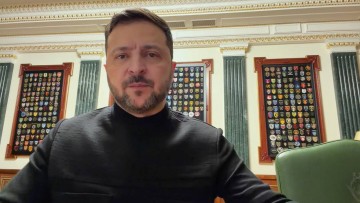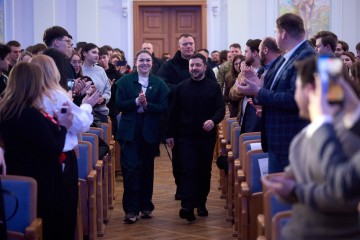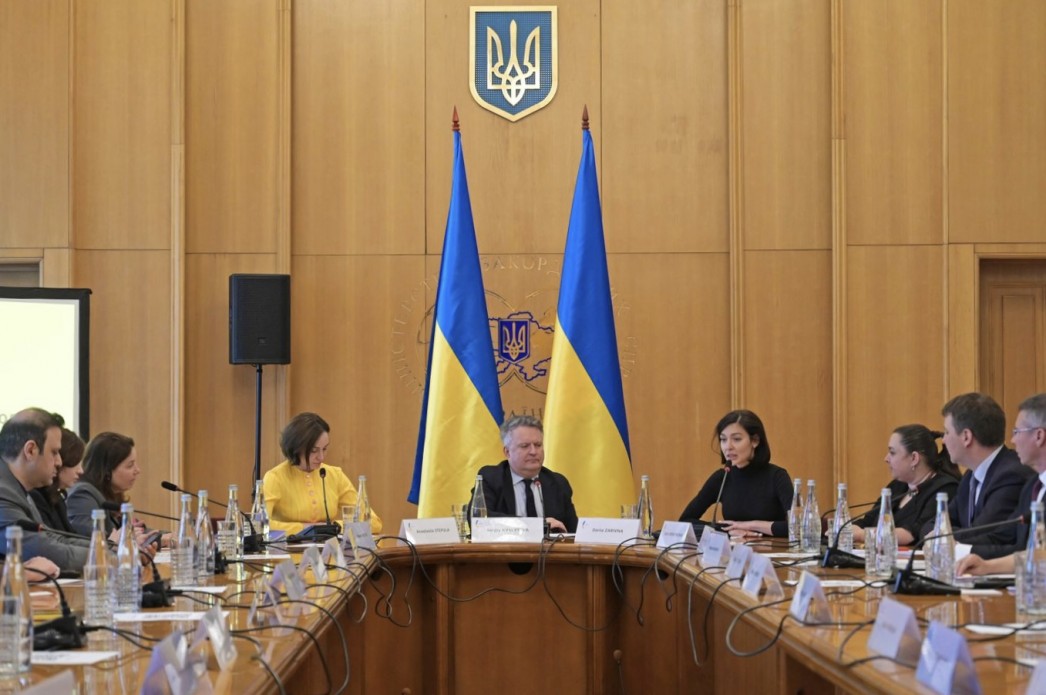Representatives of the Bring Kids Back UA initiative, launched by the President of Ukraine, and the Council on Human Rights, Gender Equality and Diversity at the Ministry of Foreign Affairs held a joint meeting focused on the return, rehabilitation, and reintegration of Ukrainian children affected by Russian armed aggression.
The meeting was attended by Dariia Zarivna, Advisor to the Head of the Office of the President of Ukraine and Chief Operating Officer of Bring Kids Back UA; Daria Herasymchuk, Advisor – Presidential Commissioner for Children’s Rights and Child Rehabilitation; Sergiy Kyslytsya, First Deputy Minister for Foreign Affairs; and representatives of relevant state bodies, civil society, and international organizations.
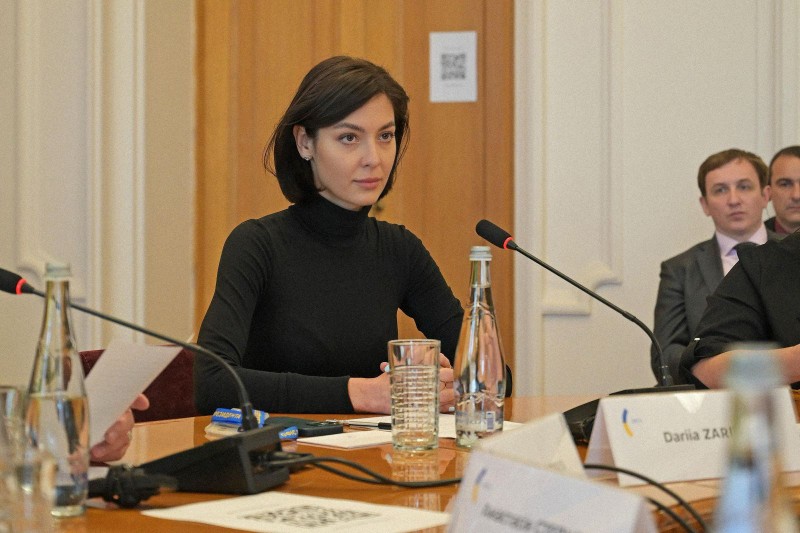
Dariia Zarivna emphasized that the Russian Federation is pursuing a systematic criminal policy aimed at abducting, militarizing, and eradicating the national identity of Ukrainian children.
"To destroy a nation, it is enough to take away its children. That is why such crimes are classified by the UN as signs of genocide. The creator of the term, Raphael Lemkin, lost half a hundred relatives in the Holocaust. Therefore, he understood very well how this works. Today, Russia is committing crimes on a daily basis that are appalling in their magnitude. These include deportations, forced displacement, passportization, illegal adoption, and name changes. Russia abducts Ukrainian children and deliberately destroys their national identity," she noted.
The participants discussed mechanisms for the return, rehabilitation, and reintegration of Ukrainian children and stressed the importance of ensuring an individual approach to each child, taking into account their age, educational, medical, and psychological needs.
Special attention was given to documenting the personal stories of children who have been brought back home.
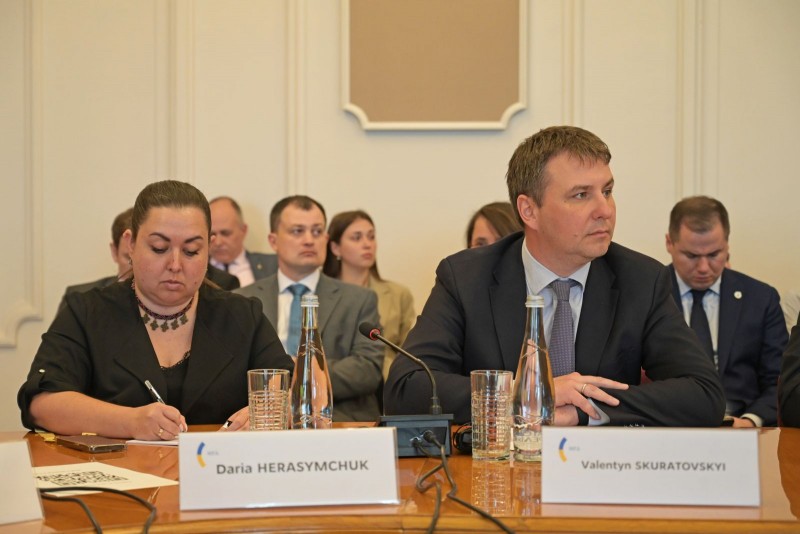
"When we speak about Russia’s crimes, we must be not only precise in numbers but also honest in telling personal stories. The testimonies of those who have already returned speak on behalf of those still waiting to be rescued," noted Daria Herasymchuk.
First Deputy Foreign Minister Sergiy Kyslytsya stressed that Russia is conducting a policy of erasing national identity similar to the methods used by Nazi Germany during World War II.
The meeting participants also outlined paths for further cooperation in implementing national and international legal mechanisms for the return, rehabilitation, and reintegration of Ukrainian children deported and displaced by Russia.


